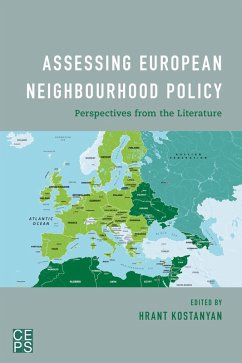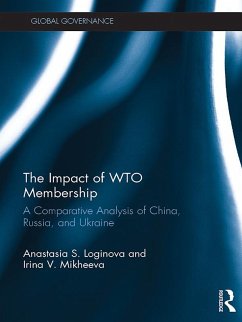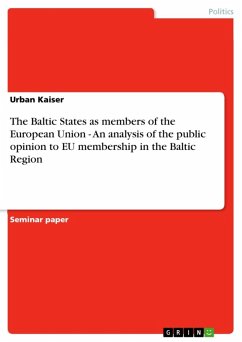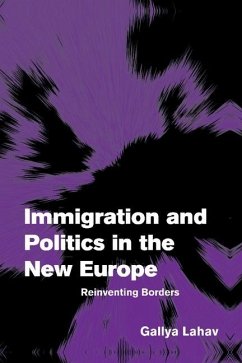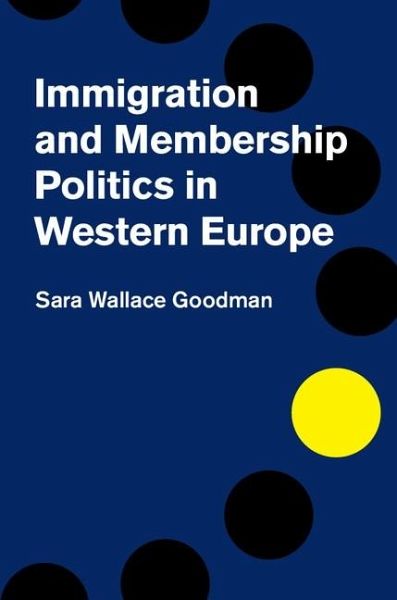
Immigration and Membership Politics in Western Europe (eBook, ePUB)
Versandkostenfrei!
Sofort per Download lieferbar
16,95 €
inkl. MwSt.
Weitere Ausgaben:

PAYBACK Punkte
8 °P sammeln!
Why are traditional nation-states newly defining membership and belonging? In the twenty-first century, several Western European states have attached obligatory civic integration requirements as conditions for citizenship and residence, which include language proficiency, country knowledge and value commitments for immigrants. This book examines this membership policy adoption and adaptation through both medium-N analysis and three paired comparisons to argue that while there is convergence in instruments, there is also significant divergence in policy purpose, design and outcomes. To explain ...
Why are traditional nation-states newly defining membership and belonging? In the twenty-first century, several Western European states have attached obligatory civic integration requirements as conditions for citizenship and residence, which include language proficiency, country knowledge and value commitments for immigrants. This book examines this membership policy adoption and adaptation through both medium-N analysis and three paired comparisons to argue that while there is convergence in instruments, there is also significant divergence in policy purpose, design and outcomes. To explain this variation, this book focuses on the continuing, dynamic interaction of institutional path dependency and party politics. Through paired comparisons of Austria and Denmark, Germany and the United Kingdom, and the Netherlands and France, this book illustrates how variations in these factors - as well as a variety of causal processes - produce divergent civic integration policy strategies that, ultimately, preserve and anchor national understandings of membership.
Dieser Download kann aus rechtlichen Gründen nur mit Rechnungsadresse in A, B, BG, CY, CZ, D, DK, EW, E, FIN, F, GR, HR, H, IRL, I, LT, L, LR, M, NL, PL, P, R, S, SLO, SK ausgeliefert werden.




